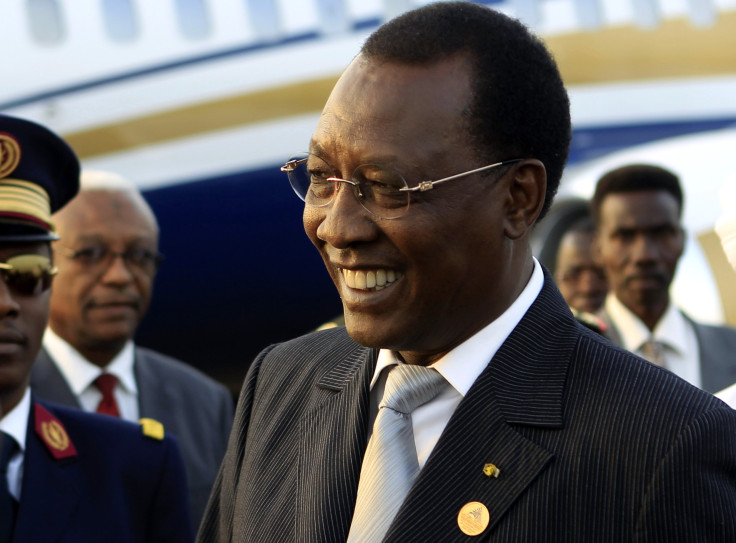Another Big Oil Producer For Africa? Chad Hopes To Triple Crude Output By 2015

ADDIS ABABA, Ethiopia -- Chad is ramping up its oil production with an eye to spurring development, and its finance minster said he hopes to see output triple in as little as two years.
"We aim to become the business hub of Francophone central Africa,” Finance Minister Atteib Doutoum said, according to Bloomberg. The extra revenue will be used to fund the construction of a business zone, projected cost more than $500 million, in the capital city of N'djamena.
Chad is Africa's fifth-largest country, and it ranks 10th in terms of the size of its oil reserves: 1.5 billion barrels. Oil production began in 2003, after a pipeline was completed connecting Chad to the Atlantic Ocean via Cameroon. Production was around 115,000 barrels per day in 2011, but dropped to about 105,000 in 2012, according to the U.S. Energy Information Administration. This year, production has fallen below 100,000 bpd.
Chad is still rebuilding after decades of unrest and internal strife, though the country has been relatively stable since the mid-1990s under the rule of President Idriss Deby. Armed militants, religious tensions and rampant poverty still plague the country of 13 million.
The government hopes that once new oilfields near Lake Chad begin production, output will hit 200,000 bpd next year and 300,000 bpd by 2015. Those are ambitions plans for the vast desert country, but it still wouldn't come close to the output from Africa's biggest producers like Nigeria, which boasts about 2 million bpd, or Angola, which peaked at around 1.7 million bpd this spring. Still, oil exports are invaluable to the Chadian government; they bring in about $1.2 billion annually, or 80 percent of revenue.
Chad's use of those funds has been a point of contention. At the beginning of its oil boom, Chad was working closely with the World Bank, which helped build the Cameroon pipeline but set out a key stipulation: 80 percent of all royalties earned via the pipeline would have to be spent on development initiatives. Half of Chad's population lives in poverty, the literacy rate is less than 40 percent, and life expectancy is among the world's lowest at 50.
Chad, however, didn't adhere to the agreement, arguing instead that defense had to take a priority due to ongoing insurgent activities along the border with Sudan. A disappointed World Bank withdrew from the agreement in 2008, at which point China swooped in with investments of its own to spur Chad's growing hydrocarbon industry.
Doutoum is vague about the cause of the recent production slowdown, blaming it on technical difficulties. (There have also been hints that China's involvement hasn't been all smooth sailing; last month, Chad suspended the operations of the China National Petroleum Corporation in a southern field, where it had spilled massive amounts of oil, causing serious environmental damage.) But the finance minister's predictions about increased capacity over the next few years offer some hope for a country where developmental spending is long overdue.
© Copyright IBTimes 2024. All rights reserved.






















